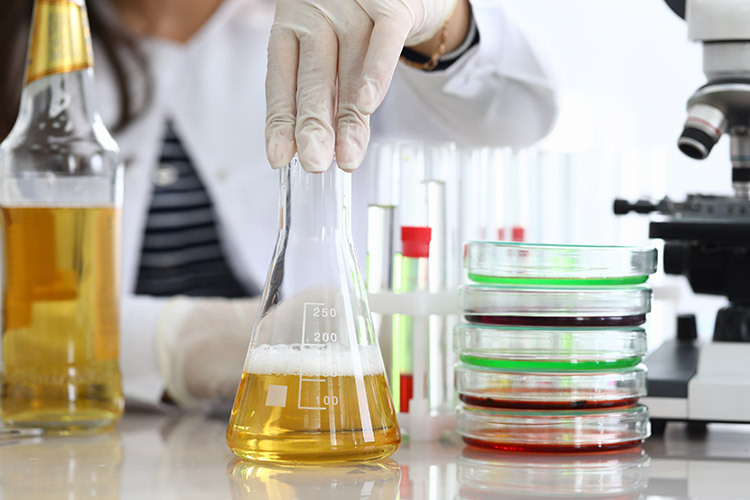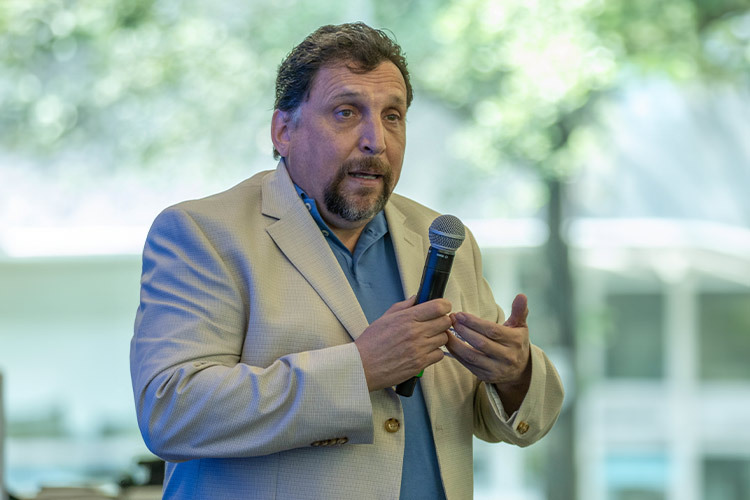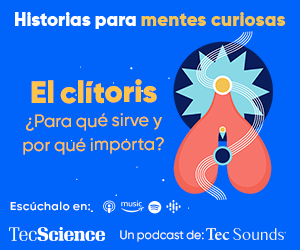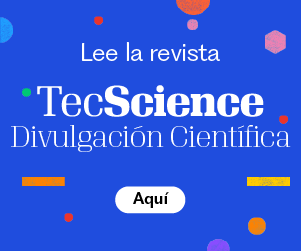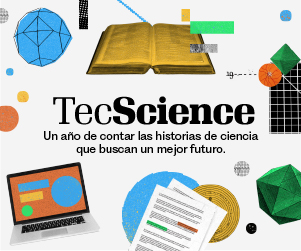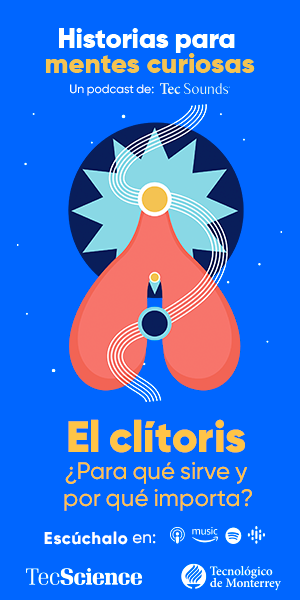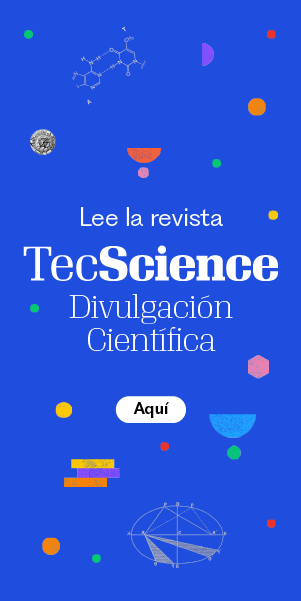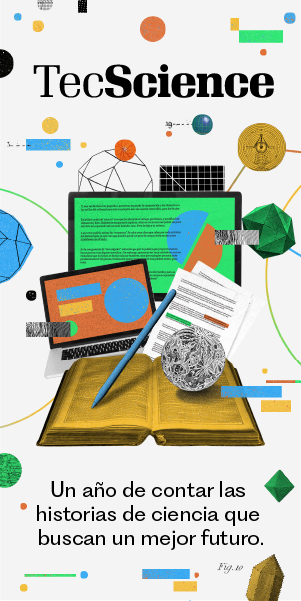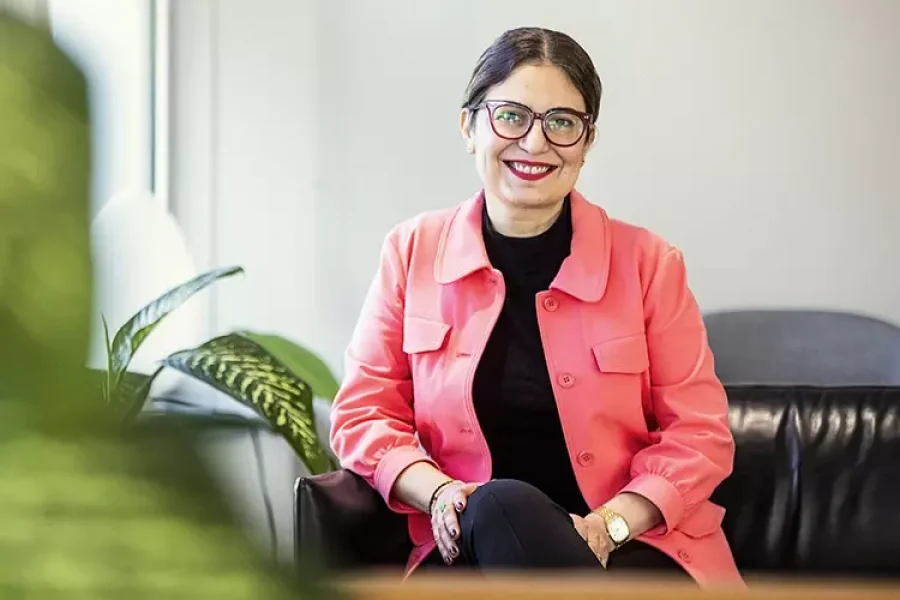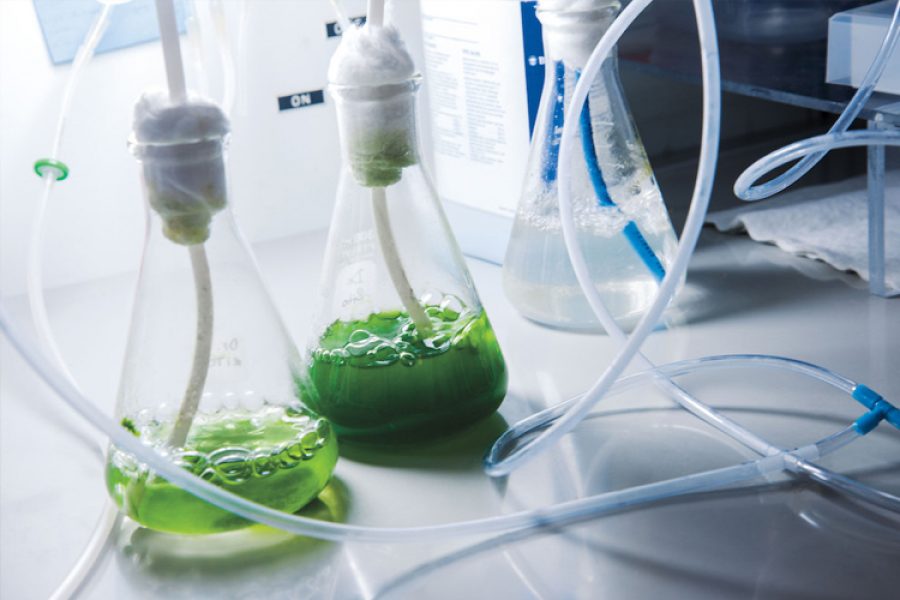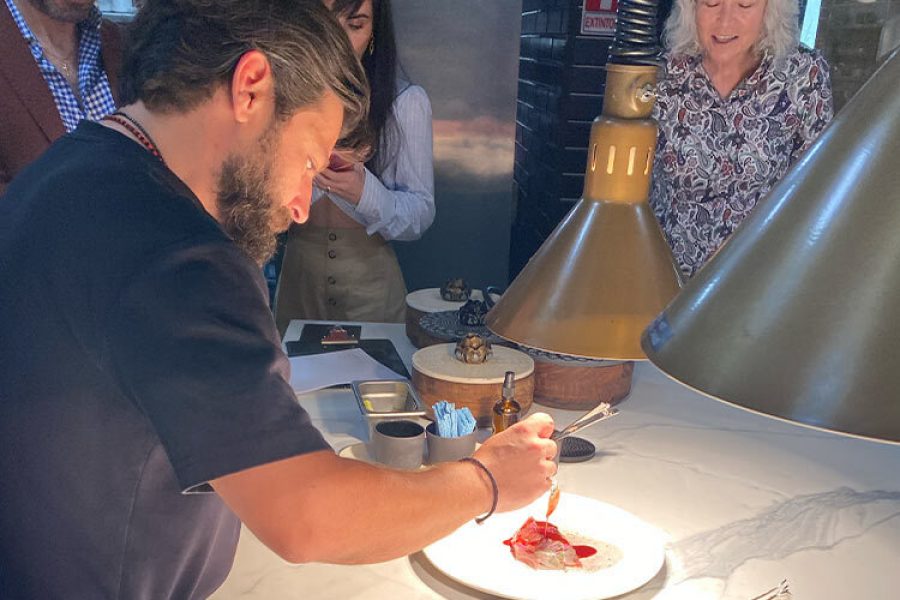He is passionate about understanding the life of bacteria and other microorganisms, the ecological context in which they grow, deciphering their metabolism and finding molecules that can help humanity live better.
Cuauhtémoc Licona-Cassani, the new director of the FEMSA Biotechnology Center, studied Biotechnology at the National Polytechnic, completed a Master’s degree in Biochemical Sciences at the Institute of Biotechnology of the National Autonomous University of Mexico (UNAM) and a PhD in Microbial Systems Biology at the University of Queensland, Australia.
In 2017, he joined the Tec de Monterrey where he founded a research group focused on the genomics of microorganisms and, as of February of this year, he has been the director of CB-FEMSA.
In an interview with TecScience, Licona-Cassani talks about the importance of biotechnology for human beings and what we can expect from the Biotechnology Center in the coming years.
Biotechnology is our ally
What is biotechnology and how can it help humanity?
Biotechnology brings together several aspects of the biological sciences, mainly the knowledge of how the cells of microorganisms, plants and living beings in general behave, what compounds they produce, etc.
In addition, it looks for how to transform that information into an application, it can be for health, such as medicines or treatments; for the food industry, helping to guarantee food safety as well as product optimization, among others.
Biotechnology can help us solve many of the problems we currently face, such as water security, food security, sustainability, and many more. Organisms that can inhibit the growth of some tumor cells are also being studied, which could help in cancer treatments, for example.
We are now experiencing the rise of sequencing thanks to which we can explore the diversity of strategies and tools that exist in nature and that we could take advantage of.
Much more than making us sick
How has your perception about microorganisms changed with your work?
Humanity began studying bacteria and viruses because they have historically affected us with diseases and pandemics. This was the first contact we had with microorganisms, but bacteria do more than making us sick, some of the first applications of microorganisms were antibiotics.
From the experiment in which Fleming discovered that a secretion of the Penicillium fungus could inhibit the growth of some Gram-positive bacteria, the study of microorganisms gained great relevance.
In the fifties it was found that although the soil can be an inhospitable ecosystem -due to the large number of microorganisms that exist and because the nutrients are limited-, there are certain bacteria that have evolved and have adapted to compete and use the nutrients in an efficient way. They do this by secreting metabolites that inhibit the growth of other bacteria, for example. From there, we bagan to understand that some of these metabolites inhibit the synthesis of RNA polymerase, which is why they started to be studied, in order to generate antibiotics and other drugs.
Similarly, the use of microorganisms is present in the food industry. For thousands of years it has been known that eating fermented foods is beneficial for health, but we now know that this is due to the microbial community in these foods that, by absorbing certain sugars, secrete metabolites that contribute to human health: the famous probiotics.
What applications can the bacteria and the processes you study have in your research group?
We study the metabolism of microorganisms, mainly those that inhabit the soil. In addition to their metabolites, we also study the genes that are involved in metabolic activities, in order to diversify these molecules, generate more and make this process more efficient and cheaper for use in the industry.
Some of the applications are new antifungals or antibiotics to alleviate the crisis generated by resistance to antibiotics and other drugs.
What have you found when studying the microorganisms that inhabit human breast milk?
It is well known that breast milk is like a specialized cell therapy of the highest value for newborns. But we still don’t know at what level this important liquid can be affected by changes in the mother’s health. Like if a mother has obesity, gestational diabetes or other conditions during the manufacturing process of this milk, for example.
As microbiologists, we try to understand how modified this milk is in terms of the composition of the microbiota and what effects it can have on the development of the immune system of the baby and on their health, in the medium and long term. For example, we know that if a mother has gestational diabetes, the baby is 10 times more likely to have metabolic diseases.
The evidence is still being generated and we want to participate in these studies, especially in Mexico, where the information is fragmented and incomplete.
The future of the FEMSA Biotechnology Center
What can we expect from the Biotechnology Center in the coming years?
My role as director is to try to generate the optimal conditions for the research groups that work at the CB to do science with a greater impact.
I also seek to generate cohesion to be able to project the Biotechnology Center to the outside and generate collaborations with other centers.
One of the strongest and most important research arms that the Center has has to do with food: we seek to improve industry processes and support sustainability.
Research aimed at purifying molecules, proteins or metabolites that can come from a plant, a microorganism or animal cells is also very important.
As part of this mission, we have the Nucleus for Biological Systems Innovation (NISB) laboratory, which is one of the most important projects that the Center has this year. This Center will be part of the Global Biofundry Alliance (GBA), and ours is the only laboratory in Latin America that is part of this alliance. The objective is to automate production processes of molecules for different applications, from pharmaceuticals to agribusiness.




